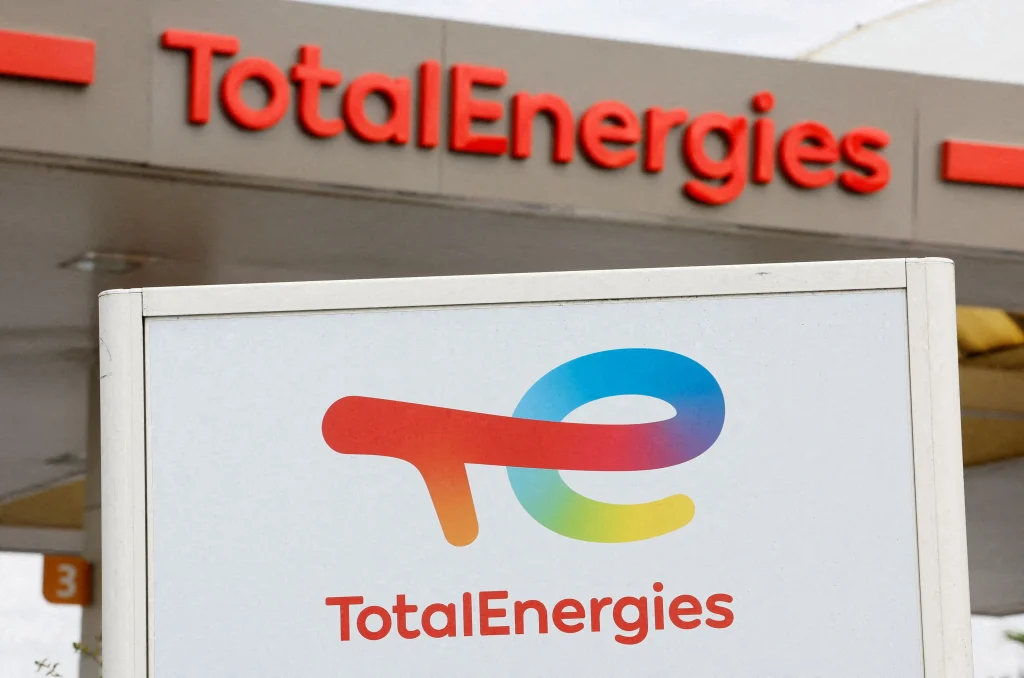Airtel Kenya is set to invest at least $150 million (Ksh21.5 billion) over the next three years to expand its network coverage, including the addition of 649 new network sites across the country. CEO Ashish Malhotra revealed to Business Daily that the company has already invested over $1 billion (Ksh143.3 billion) in Kenya since its inception, with most of these investments made in the past three years.
Malhotra highlighted that the $150 million will be used primarily for expanding the network, but additional investments are planned for setting up more retail shops and introducing affordable routers. “The $150 million is just for network investments, but we are also working on other initiatives like opening more shops and providing cost-effective devices,” he said.
In June, Airtel announced its plans to enhance network infrastructure to capture a larger market share. The company committed to installing 349 new network sites by the end of the year, with another 300 in the pipeline. Currently, Airtel’s infrastructure spans over 3,200 sites, covering 89% of the country across all 47 counties.
Malhotra also mentioned the goal of setting up at least one service shop per ward to improve brand visibility. Currently, Airtel’s coverage only reaches about 250 wards, but the company plans to close this gap within the next three months.
Airtel recently acquired additional 2,600 MHz spectrum at a cost of $40 million (Ksh5.7 billion), enabling the launch of its 5G network last month. This made Airtel the second telecom operator in Kenya to introduce 5G services, following Safaricom’s rollout last year.
Despite the launch, Malhotra noted that the uptake of 5G has been slow due to the low penetration of 5G-enabled smartphones, which account for less than 1% of devices in Kenya. Currently, Airtel has established 370 5G network sites and plans to add 120 more within the next three months. Safaricom, in comparison, operates 205 5G sites and plans to expand to 800 by March 2024.
“The response has been positive, but the high cost of 5G devices is a barrier to greater adoption,” Malhotra explained.























